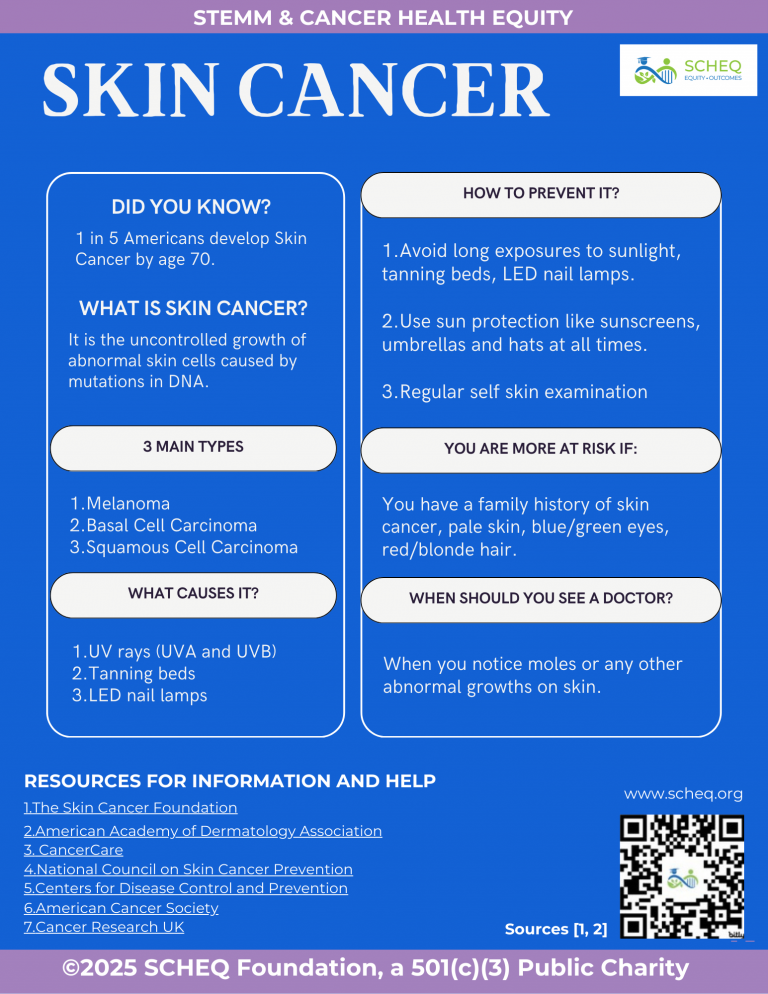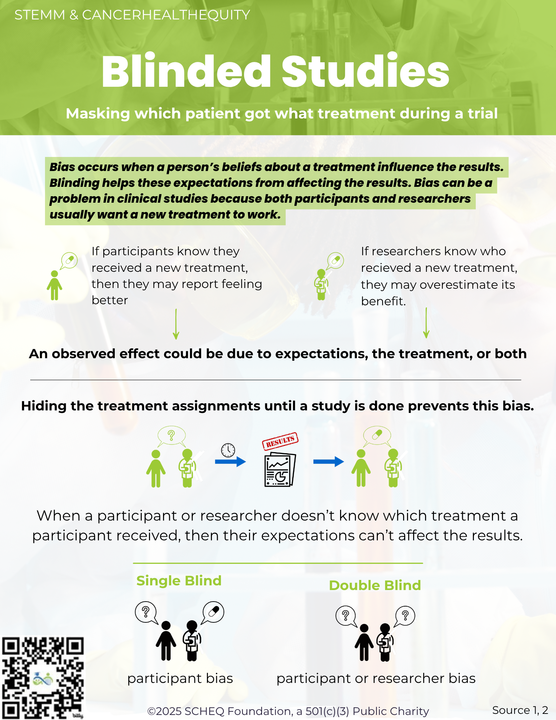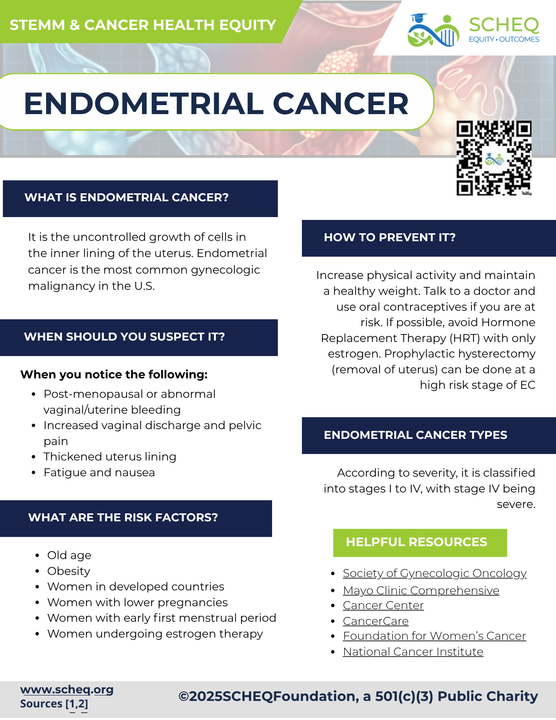We attended the Advancing Precision Medicine 2024 Conference held Nov 1-2, 2024, at the Philadelphia Convention Center in Center City. Nigel Russell organized this event. The conference focused on rare diseases, oncology, and precision medicine approaches across these and other diseases. We have listed some takeaways below.



Integrated Diagnostics for Lung Cancer
There was an approach that used integrated diagnostics in the diagnosis and treatment in EGFR driven lung cancer (as a case study). The integrated diagnostics approach streamlined surgical and molecular pathology to reduce the number of times that materials needed to be reviewed and sped up the approval process. This approach led to about a 4-5x drop in time to get diagnosis (12.6 days to 2.7 days) but it did not impact reimbursement rates. Thus, patients were treated sooner with no additional lost resources.

Equitable Outcomes in Precision Medicine
Precision medicine can impact diagnostics, pharmacogenetics, clinical trials, new drugs, and risk assessment/modification. While advances in precision medicine have led to more targeted therapies, most of the therapies and targets are based on databases that primarily have samples from patients of European Ancestry. This impacts various cancers as non-European populations tend to have high higher Variants of Unknown Significance (VUS). This also leads to inaccurate and unreproducible clinical trials. This can show up in PSA tests for prostate cancer where those of African ancestry may be missed. This also shows up in naltrexone for the treatment of alcohol dependence. Naltrexone may be less effective in African Americans due to a variation in a gene that is less common in those of African ancestry. We have to be cognizant of race, ancestry, admixture, and lived experience when identifying targets and interventions.

Spatial Biology
Spatial biology is one of the newer approaches for characterizing samples. It typically is either bulk RNA seq, since-cell RNA-seq, or spatial transcriptomics. Since 2013 there have been a large expansion in the technologies. Spatial allows you to look at changes in a tissue at a single-cell level. While these approaches are great, each instrumentation may require specific software, reagents, and techniques. With all of these new approaches, it will be a challenge to see broad application in hospital systems. What is the decision matrix to decide to stay with one system or switch to another? There is a cost and a learning curve with each system. Lastly, the greater challenge is how and where to store all the data, and there is a requirement to keep the data safe and HIPAA compliant.


Women’s Health
SCHEQ Founder and CEO, Dr. Eugene Manley, Jr., and Orchid Healthcare Solutions (OCHS), CEO, Rochelle Prosser, were asked to sub in at the last minute on a panel called “In the Rising Age of Women’s Health, How Do We Build Diagnostics to Last”. This session was moderated by Sara Huah at Johnson & Johnson, and unfortunately the original panelist was sick and trapped at an airport. We shifted the conversation and discussed women’s health broadly. We pointed out that all women are different that not one treatment will work for all women or populations. It was pointed out that previously, in utero, surgeries were thought to be undoable. Now, it is routine for correcting abnormalities pre-birth. SCHEQ discussed how there were not many women in the workforce in the 70s, how women of birthing age and those on birth control were not allowed to participate in trials until the NIH Revitalization Act, the lack of female lung cancer cell lines, and the disparities that impact female Asians with no smoking history. We also discussed the differences in growth hormone signaling and how the drives some differences in cytochrome P450 expression in male vs female livers, and how this directly impacts drug sensitivity and response. Many harmful agents were missed in the past because women were not included in studies.
Overall summary:
This was a meeting that brought together various stakeholders to discuss how precision medicine is changing healthcare delivery in oncology and rare diseases. While the advances are real, we have to be cognizant to ensure inclusion of all populations and to mitigate bias. The one drawback was that vendors were in two rooms, and several vendors at the far room left before I realized they were leaving before the program ended.
Eugene Manley, Jr. PhD. Is the Founder and CEO of the SCHEQ Foundation (STEMM & Cancer Health Equity) in New York City. Dr. Manley is a Mechanical Engineer, Biomedical Engineer, and Molecular and Cell Biologist that is dedicated to mentoring, health equity, workforce diversity, training programs, partnerships, and advocating for underserved and marginalized populations.
Interested in learning more about SCHEQ? Please visit our website. If you would like to donate to help us achieve our mission, please click here. If you would like to use another option like stock, wire, or donor advised fund, please contact us. We are a fiscally sponsored organization by the Goodnation Foundation, with EIN number 81-4768488.




